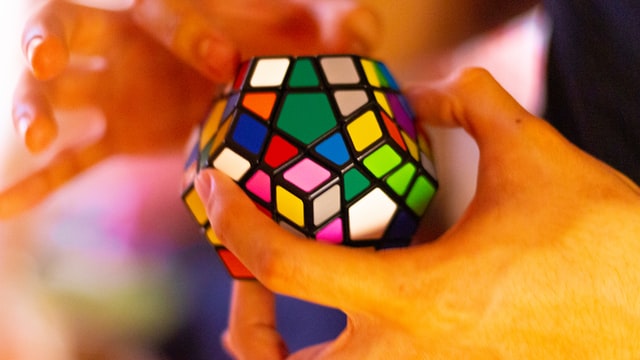
The internet is full of brain health ideas from brain games you can download on your phone to healthy recipes to keep your brain active. Read on to find out how to keep your brain healthy.
Food for Brains
A healthy diet is not only good for our body, but it’s also good for your brain, too. Fatty acids, like fresh salmon or albacore tuna, are great for your brain. Healthy operations in your noggin rely on those fats to process information. Some initial studies on milk suggest that the fats and nutrients in milk are essential to brain health. This includes full-fat milk, as well as its lower-fat counterparts. Some studies are beginning to counteract the “non-fat” dairy trends of the 1980s, and showing a benefit both cardio-vascularly and in brain health from drinking 2% or full-fat milk, especially for children and teens. One Harvard T.H. Chan School of Medicine study acknowledges the importance of full-fat dairy, with a caveat to balance the saturated fat in dairy with unsaturated fats like fresh fish, as mentioned above.
As for foods, anything rich in antioxidants can improve memory and stave off brain aging. Blueberries, pecans, and kale are just a few foods to add to your regular diet. In happy news, the flavonoids in dark chocolate are known to help mood and memory. Knowing that foods like these are good for brain health, avoid their opposites. Things like sugary drinks, foods high in trans-fats, aspartame, and fish that is high in mercury should not be included in your diet.
Mental Activities
There are a bevy of downloadable apps that test your memory, most of which are helpful. One problem inherent with brain training is our predilection to choose exercises that are “fun.” The games we find fun tend to be the games that make sense to our brains. If you are engaging in “brain training” be sure to pick something that requires you to work, much like a challenging exercise class. If the exercises on your app are a bit of a struggle, that’s where you need training.
Crossword puzzles are often touted as great paths to brain health. Read this Scientific America article for a more nuanced discussion of what, if any, benefits we can gain from crossword puzzles. It does seem likely that these puzzles create an “… episodic buffer, a liaison between short- and long-term memory that basically integrates both verbal and visuospatial information and lets you hold a narrative in your head.” It seems there is some benefit from crossword puzzles, but it may lie in how our brain uses information in front of us.
Jigsaw puzzles, too, benefit our brain. According to Baylor College of Medicine, “Studies have shown that doing jigsaw puzzles can improve cognition and visual-spatial reasoning. The act of putting the pieces of a puzzle together requires concentration and improves short-term memory and problem-solving.”
The bottom line, as with most health issues, is that there is no single answer to brain health. A healthy lifestyle, with a variety of activities, including challenging activities, is best for our bodies and our brains.






